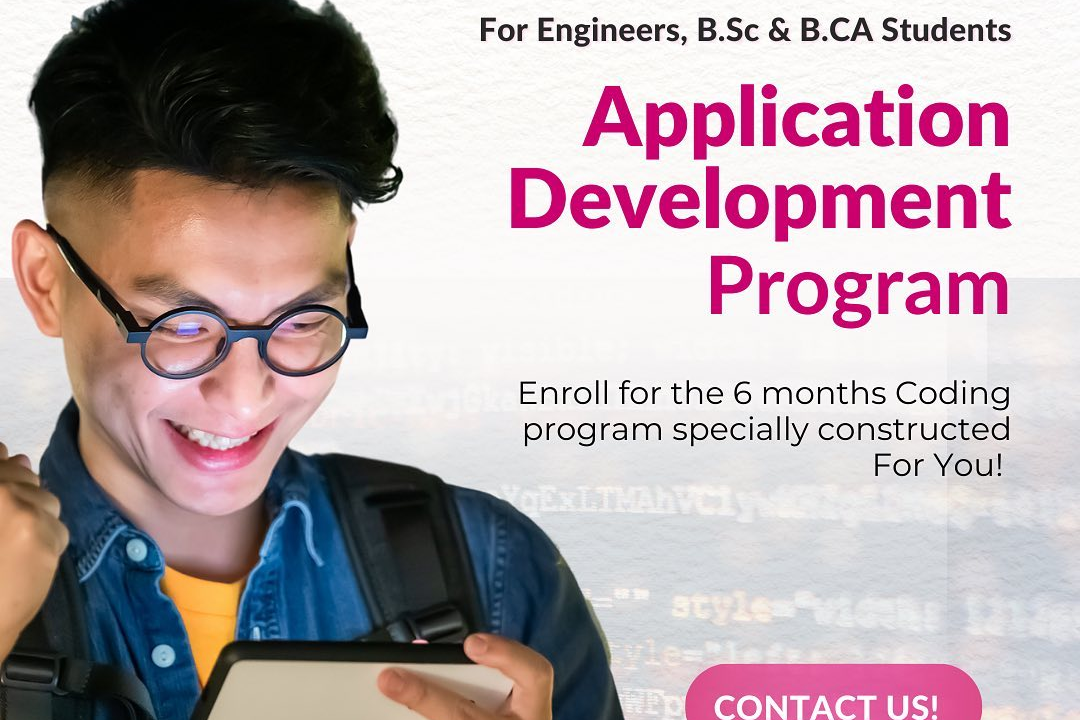Effective Mobile App Feature Testing
Optimizing Feature Testing for Mobile Apps
Effective Mobile App Feature Testing
Effective mobile app feature testing is a comprehensive process that ensures each functionality of the app works as intended across various devices, operating systems, and user scenarios. It involves a combination of manual and automated testing methods to evaluate performance, usability, and compatibility, focusing on key areas such as user interface responsiveness, navigation fluidity, and integration with device features like GPS, camera, and notifications. Testers should develop detailed test cases, use real devices and emulators, and consider diverse user experiences, including those with different accessibility needs. Continuous feedback loops from users during beta testing stages can further enhance the quality and reliability of the app, ultimately leading to a better user experience and higher retention rates.
To Download Our Brochure: https://www.justacademy.co/download-brochure-for-free
Message us for more information: +91 9987184296
1 - Understanding Requirement Specifications: Before testing, it’s essential to have a clear understanding of the app’s requirements. This involves analyzing user stories and acceptance criteria to ensure all features are covered.
2) Creating Test Cases: Develop detailed test cases for each app feature. These should outline the conditions under which a feature will be tested, the steps to execute the test, and the expected results.
3) Prioritizing Features for Testing: Not all features are equally important; prioritize testing based on feature usage, criticality, and impact on user experience. This helps in focusing effort where it matters most.
4) Types of Testing: Be familiar with different types of testing, including functional, regression, usability, performance, and security testing. Each type serves a different purpose and helps ensure comprehensive coverage.
5) Automated Testing Tools: Learn about various automated testing tools, such as Appium, Selenium, and TestComplete, that can help facilitate faster and more efficient testing processes.
6) Manual Testing Techniques: Understand the importance of manual testing in scenarios where automated tests may fall short, such as exploratory testing, where testers use their intuition and experience to uncover issues.
7) Cross Platform Testing: Since mobile apps can run on different operating systems (iOS, Android), it’s crucial to test features on multiple platforms to ensure consistent behavior and functionality.
8) Device Compatibility Testing: Mobile apps may function differently on various devices due to differences in screen sizes, hardware specifications, and OS versions. Testing should encompass a range of devices to identify potential issues.
9) User Interface (UI) Testing: Evaluate the app’s UI to ensure that it is intuitive, accessible, and visually appealing. This includes checking elements like buttons, menus, and navigation flows.
10) Performance Testing: Assess the app’s performance under different conditions, including load times, responsiveness, and resource consumption to ensure a smooth user experience.
11) Security Testing: Focus on security aspects of the app to protect user data. This involves testing for vulnerabilities, ensuring secure data transmission, and validating user authentication mechanisms.
12) Session Management Testing: Verify that session management is handled efficiently by ensuring that user sessions expire appropriately and that proper authorization checks are in place.
13) Feedback Mechanism: Test the app’s feedback mechanisms to ensure users can report issues or provide insights easily. This loop of feedback helps in continuously improving app features.
14) User Acceptance Testing (UAT): Involve end users in the testing process to validate that the features meet their needs and expectations. Feedback from real users can be invaluable in refining the app.
15) Documentation and Reporting: Maintain thorough documentation of test cases, results, and bug reports. Clear reporting helps in communication with the development team and assists in tracking feature status.
These points can form the basis of a comprehensive training program for students interested in mobile app feature testing, equipping them with the skills and knowledge essential for the industry.
Browse our course links : https://www.justacademy.co/all-courses
To Join our FREE DEMO Session: Click Here
Contact Us for more info:
Flutter Training in Hugli-Chinsurah
Freelance android development
Building ar applications for android
Embedded software testing course
Android Training Sabarkantha











